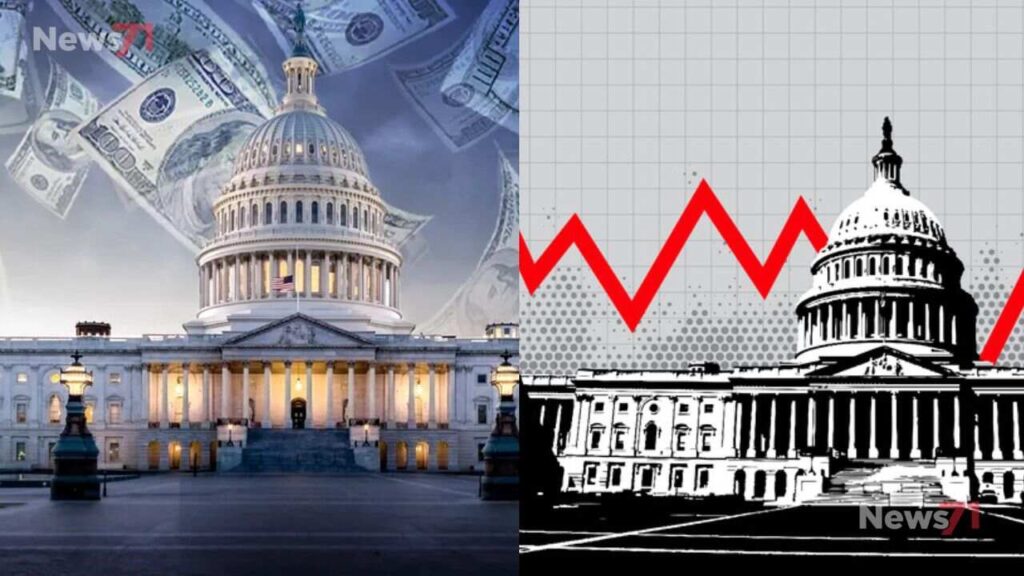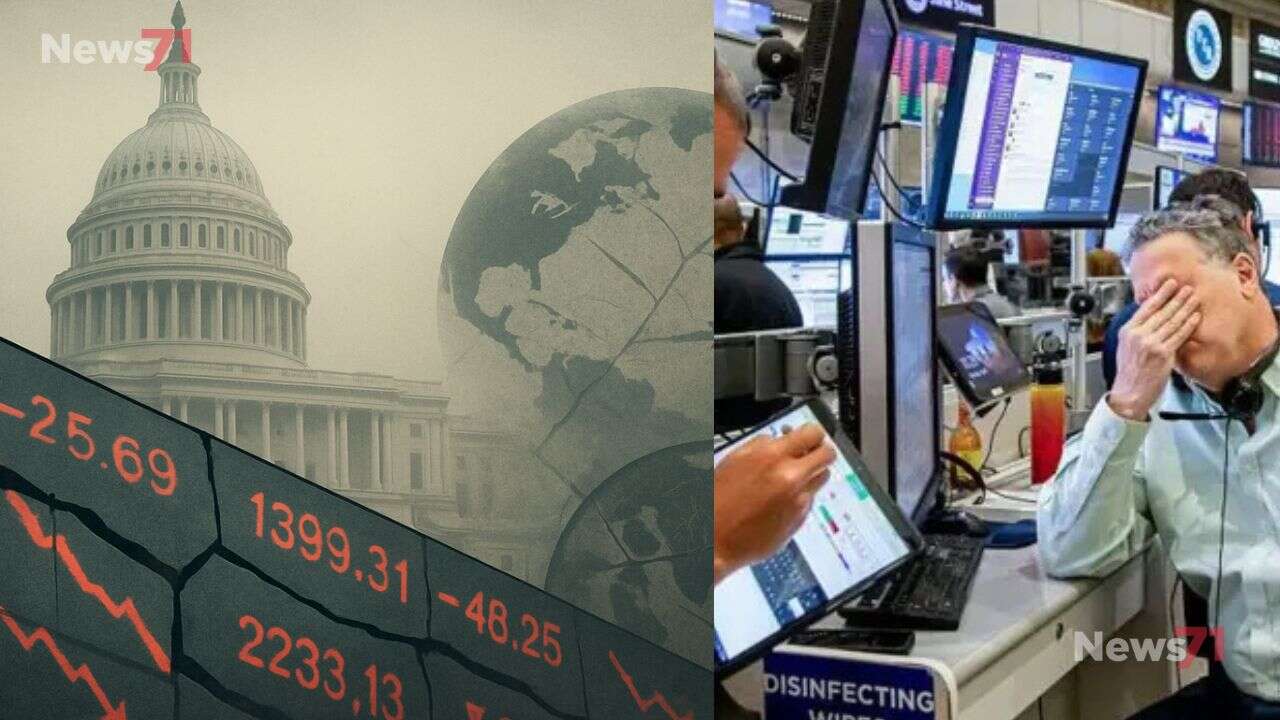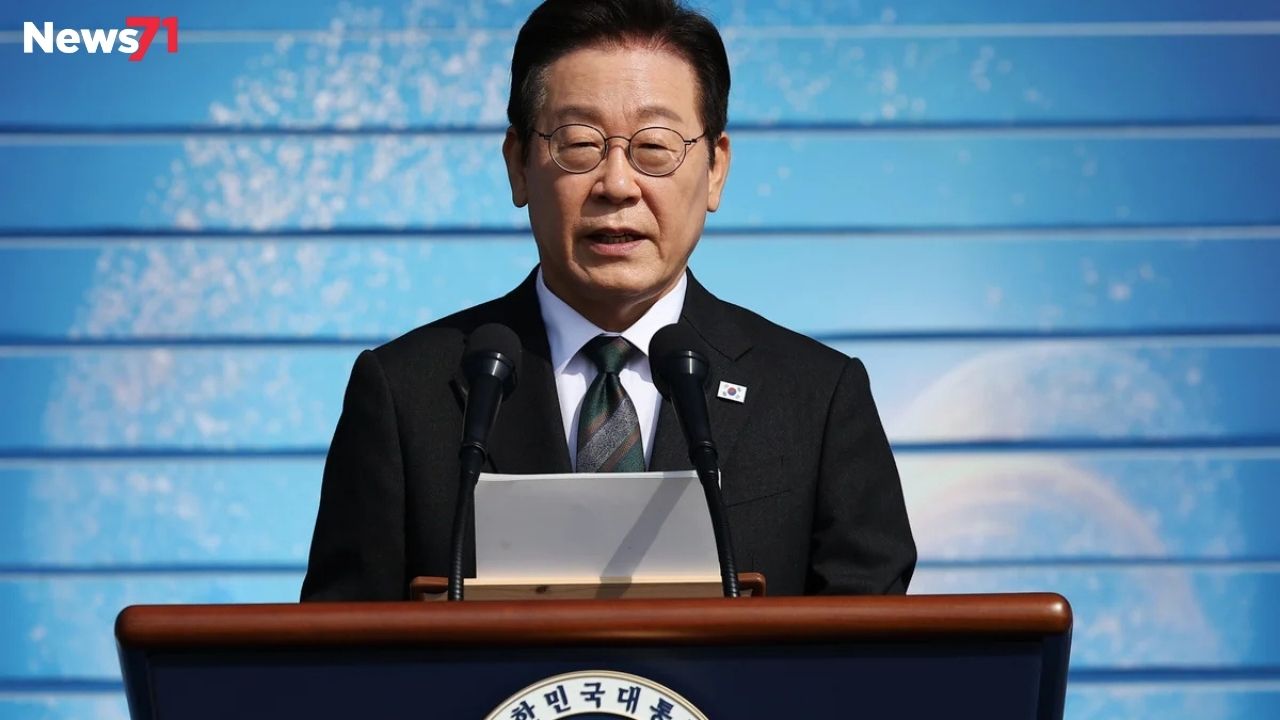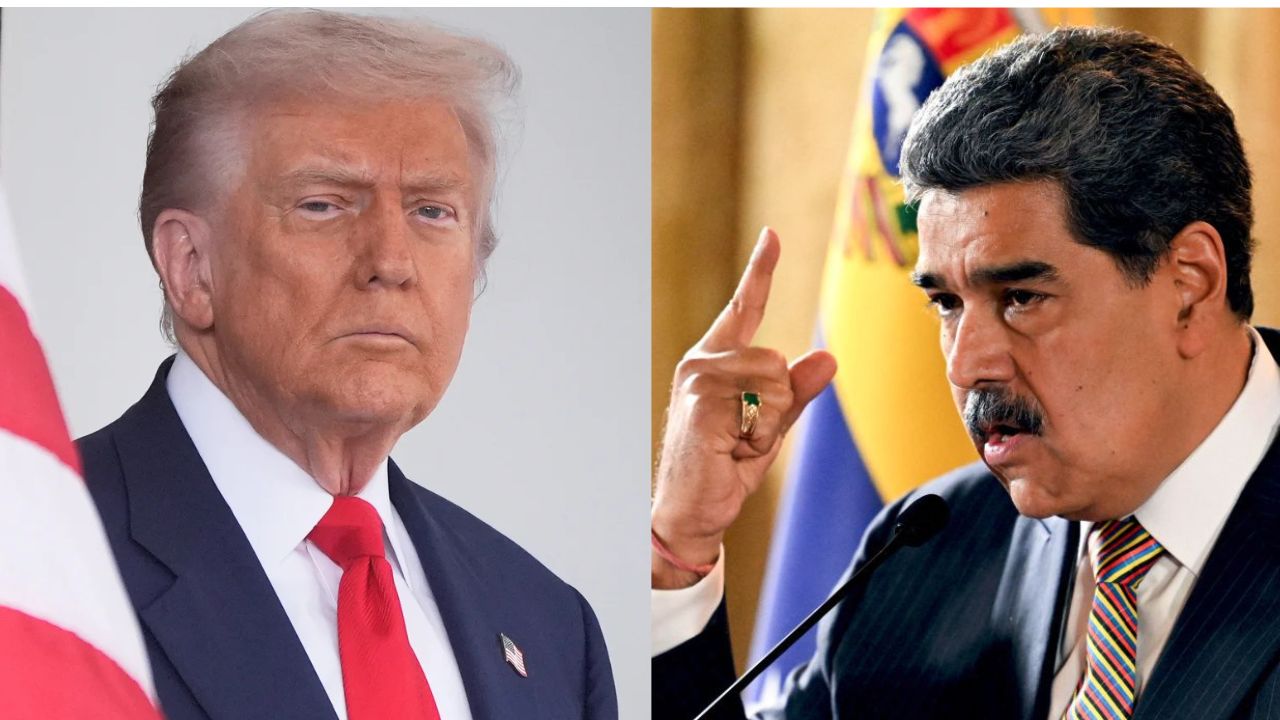US Shutdown The ongoing battle between Democrats and former President Donald Trump’s Republicans continues to sidestep the deeper fiscal challenges threatening America’s long term stability the surging national debt and the uncertain future of Social Security and Medicare. This latest partial government shutdown the fifteenth since 1981 stems from a political clash over spending priorities. Democrats have pushed for funding measures estimated to cost nearly $1.5 trillion over the next decade, according to the nonpartisan Committee for a Responsible Federal Budget (CRFB). These plans would further inflate the nation’s already staggering $38 trillion debt. We have real, pressing problems in this country, but instead of solving them, both parties are locked in a messaging war, said Maya MacGuineas, president of the CRFB, which advocates fiscal responsibility.
The Senate has repeatedly voted on competing funding bills, including one from the Republican controlled House, supported by Trump, that would maintain current funding levels until late November. Democrats, however, are pushing for a spending package with expanded allocations for healthcare and social programs. At the core of the standoff is $1.7 trillion in agency funding roughly a quarter of the annual federal budget. Yet analysts warn that the country faces a deeper fiscal imbalance, with debt increasing faster than economic growth, and interest payments now consuming a massive share of federal revenues.
US Shutdown Standoff Deepens as National Debt Crisis Looms

Over the last 25 years, the national debt has surged from $5.6 trillion to nearly $38 trillion, spanning both Democratic and Republican administrations. Interest payments alone now exceed $1 trillion annually more than the defense budget while Social Security and Medicare face looming shortfalls that could force automatic cuts for millions of retirees. Republican leaders, including House Speaker Mike Johnson, have voiced concerns about the debt impact of expanded government spending. However, much of their public messaging has focused on criticizing radical Democratic priorities rather than tackling structural fiscal reform. Democrats, meanwhile, argue that Republicans worsened the deficit by approving Trump’s tax cuts and spending measures. The Trump administration’s tax package is projected to add $4.1 trillion to the deficit over ten years, though the Congressional Budget Office estimates that tariff revenues could offset part of that cost.
- Venezuelan Leader Maria Corina Machado 2025 Nobel Peace Prize wins
- China, North Korea Vow to Boost Military and Economic Cooperation
- Trump Administration Layoffs Hit CDC Coding Error
Some fiscal conservatives continue to press for spending restraint. Senator Rand Paul has voted against both parties’ funding proposals, warning that neither addresses the mounting debt. Senator Ron Johnson of Wisconsin described the shutdown drama as a distraction from the nation’s real crisis. Everyone’s watching the political show, but no one’s talking about the $37 trillion we owe, he said. Senator Roger Marshall of Kansas called the impasse a political shutdown, adding that Republicans’ long-term goal should be restoring federal spending to pre pandemic levels as part of a sustainable budget. Experts warn that without serious reforms, the US Shutdown debate will only delay an inevitable reckoning. We’re sleepwalking into a debt crisis, said Jessica Riedl of the Manhattan Institute. The pain may not come tomorrow, but the choices made today guarantee it’s coming.






